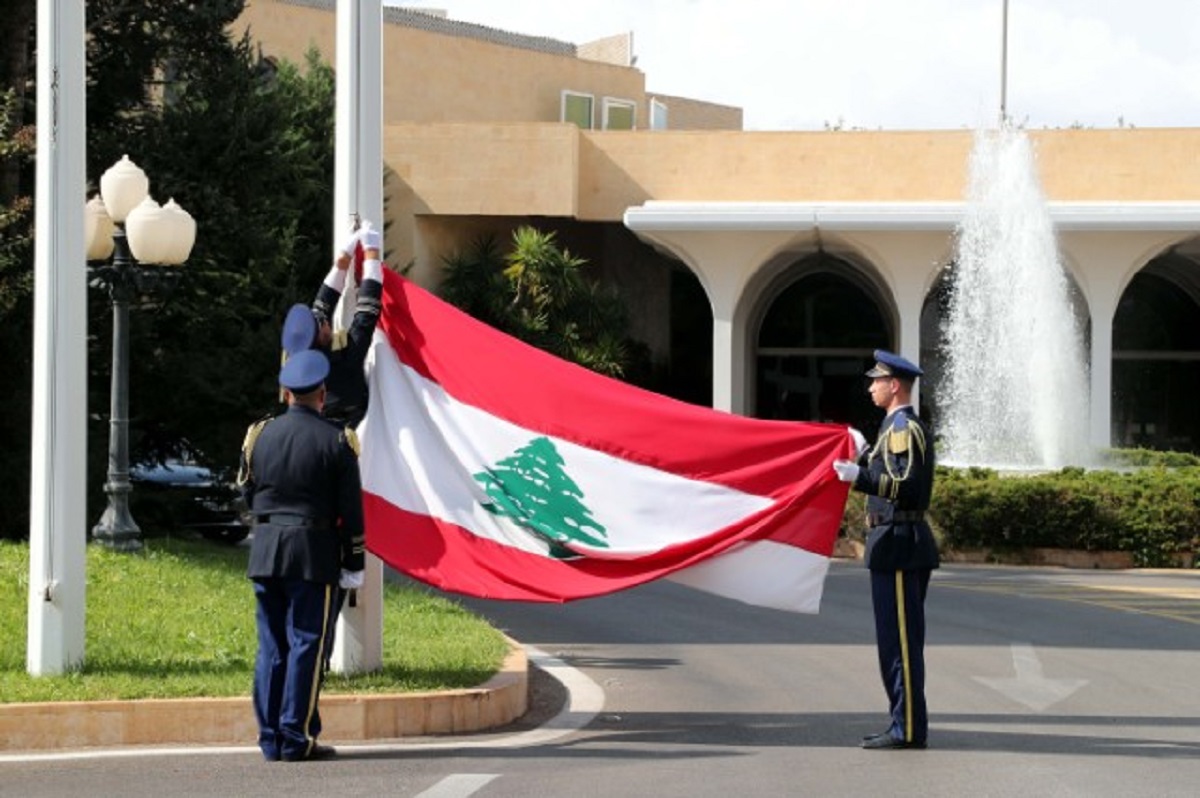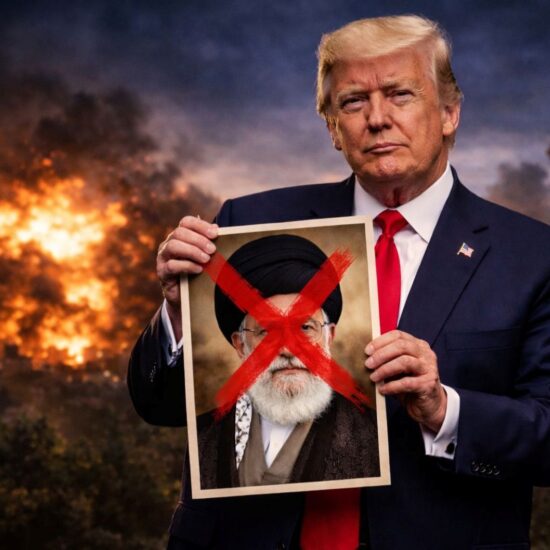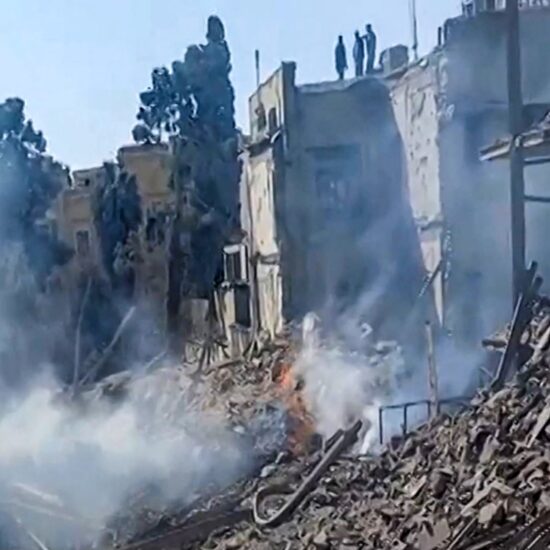
The recent Israeli attacks on Lebanon, particularly in the south, have reignited discussions that delve into the heart of Lebanon’s national identity, sovereignty, and the complex role of Hezbollah. A prevailing sentiment has emerged in this context, suggesting that when the south is embroiled in war, it implicates all of Lebanon in the conflict. This viewpoint presents a challenge to those advocating for peace, as they are often accused of showing indifference to the south’s struggles. In such a climate, expressions of normalcy and celebration, exemplified by festivities like Christmas, are perceived by some as overlooking the south’s plight. Yet, this interpretation tends to oversimplify the nature of Lebanese sovereignty and the broader aspirations of its people.
Historical Context and Contemporary Implications:
These debates, while rooted in current events, are inevitably shaped by Lebanon’s history. Since the establishment of Greater Lebanon in 1920, the narrative of the south has been marked by periods of neglect and conflict. This enduring narrative continues to influence contemporary perceptions and realities. Within this framework, the role of Hezbollah has become a focal point of contention. Contrary to altering this long-standing narrative of neglect and conflict, Hezbollah’s actions and policies are often seen as perpetuating these issues. This perception adds layers of complexity to Lebanon’s ongoing struggle with defining its identity and sovereignty in an ever-evolving geopolitical landscape.
Hezbollah’s Role and Sovereignty:
The initiation of hostilities against Israel by Hezbollah, closely following similar actions by Hamas after the 7th of October, has reignited a crucial debate in Lebanon about decision-making sovereignty. While Hezbollah positions itself as a defender of Lebanese territory, this self-appointed role often conflicts with the opinions and wishes of a considerable segment of the Lebanese population. This divergence is particularly pronounced given Hezbollah’s involvement in the Syrian conflict, where it has been a part of actions that are widely viewed as violations against humanity. These actions in Syria, taken under the guise of defending Lebanon or supporting allied regimes, blur the lines of their identity as a resistance movement and raise questions about their role in the broader context of Lebanese sovereignty and governance. Such unilateral decisions and involvements by Hezbollah not only challenge the concept of a unified national stance, but also complicate Lebanon’s internal and external political dynamics.
The Struggle Over Sovereignty:
In Lebanon, the discourse on sovereignty transcends the conventional understanding of national autonomy and delves into its very definition. This debate is sharply polarized between two contrasting views. On one side, Hezbollah supporters advocate for the group’s military and political actions as essential for defending Lebanon against perceived threats, notably from Israel. In this perspective, support for Hezbollah is not just a matter of national security but an integral component of Lebanese sovereignty itself. This viewpoint often regards Hezbollah’s military prowess as a necessary counterbalance to external threats, and its actions, even if unilateral, are seen as aligning with the broader interests of national defense.
Conversely, critics of Hezbollah present a markedly different interpretation of sovereignty. They argue that Hezbollah’s autonomy in decision-making, particularly in matters of war and peace, significantly undermines the concept of a unified national sovereignty. These critics contend that true sovereignty is characterized by the central government’s exclusive right to make pivotal decisions that affect the nation’s security and international standing. They view Hezbollah’s independent operations and regional involvements, especially its significant role in the Syrian conflict, as encroachments upon the Lebanese state’s authority.
Furthermore, the belief among some Lebanese factions that the country’s security is contingent upon Hezbollah’s protection is seen as a direct consequence of the group’s strategic positioning and narrative. This belief implies a dependency that critics argue is artificially sustained by Hezbollah to justify and perpetuate its role outside the state’s official military framework. This situation has led to a complex scenario where the state’s sovereignty is perceived as fragmented, with Hezbollah acting as a parallel authority making critical decisions that affect Lebanon’s fate and its relations with the outside world.
The struggle over sovereignty in Lebanon, therefore, is not just a disagreement over Hezbollah’s role but a deeper contestation over the essence of national authority and control. It represents a fundamental challenge to the traditional concept of a state’s sovereignty, testing the limits of how internal and external security concerns are addressed in a nation with diverse political and sectarian interests.
Lebanon stands at a crossroads of defining its future. The struggle is not just against external threats, but includes an internal debate about what it means to be sovereign. The supposed Lebanese people’s desire for peace, sovereignty, and a unified national identity should transcend simplistic binaries of war and peace, resistance, and indifference. As Lebanon navigates these turbulent times, the collective aim should be a future where sovereignty means the state’s control over its entire territory and decisions, and where celebrating life is not a negation of one’s patriotic duties but an affirmation of a nation’s resilience and hope for peace.
Ramzi Abou Ismail is a political psychologist and researcher at the University of Kent.








